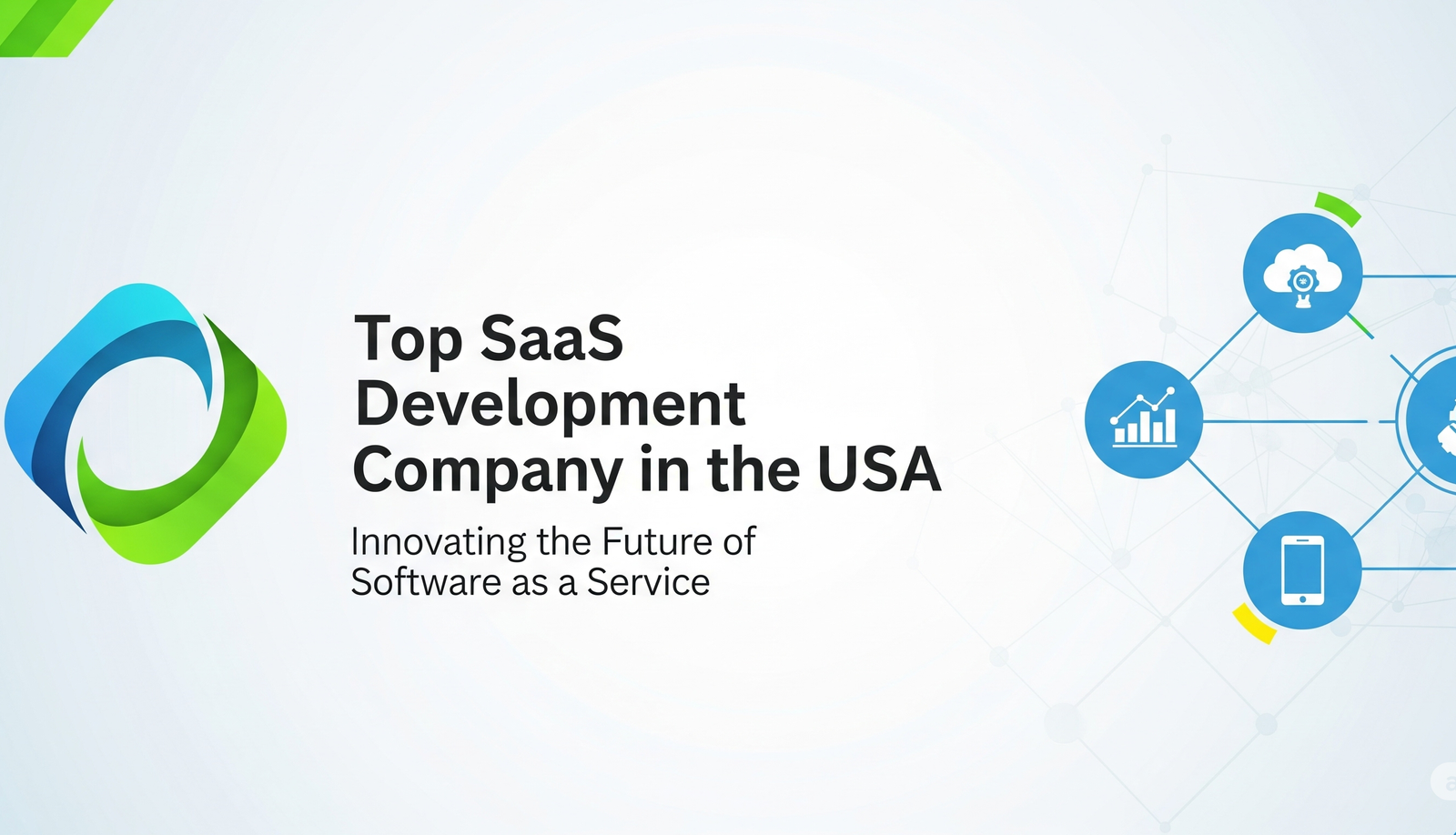Category: Technology & Development
-

Top SaaS Development Company in the USA
With the fast-evolving digital economy today, Software-as-a-Service (SaaS) is the foundation of contemporary business. From startup companies developing products with scalability to large organizations renovating old systems, SaaS products offer flexibility, affordability, and convenience that conventional software cannot. The need for credible SaaS development has fostered a competitive landscape where companies look for the best…
-

USA-Based Dedicated Developer Team
USA-Based Dedicated Developer Team-In this day and age of the rapid digital economy, companies in all industries are striving to innovate, scale, and outcompete others. One of the best means of doing so is through partnership with a USA-based dedicated development team. Whether a startup or an enterprise, organizations are looking more and more for…
-

USA-based Dedicated Developer Team
n this modern digital-first era, finding a good and professional software development team is no longer a choice—it’s a must. Small, medium-sized, and large companies, from startups to international corporations, are looking for means to remain competitive, develop at a faster pace, and provide flawless digital solutions to their end-users. One of the best ways…
-

Which Software Agency is Best in USA?
best software agency in USA-In this quick-paced digital age, companies from all industries hinge on technology to innovate, grow, and remain competitive. Whether it is designing a mobile app, developing bespoke enterprise software, constructing AI-powered solutions, or managing cloud platforms, businesses seek the services of software agencies to turn their dreams into reality. But with…
-

Build mobile and web app together
In the modern fast-paced digital age, companies no longer accept having either just a website or just a mobile app but both. Their customers expect to have a smooth experience whether they are viewing on a desktop, buying on a tablet, or interacting with an app on their phone. This is why most companies nowadays…
-

Software Firm for Logistics in the USA
Software Firm-The logistics sector is the lifeblood of the American economy, facilitating the seamless flow of goods, services, and information across states and borders. With the digital-first era, conventional logistics operations alone are not sufficient to satisfy the increasing needs of businesses and customers. With e-commerce taking center stage, supply chains getting more global, and…
-

Best Mobile App Company for Healthcare USA
Healthcare USA-The US healthcare sector is experiencing an unprecedented digital revolution. Telemedicine, wearables, AI-driven diagnostics, and patient engagement solutions are on the rise, and mobile apps have become the foundation for contemporary healthcare. From booking online consultations to tracking chronic diseases to facilitating quicker access to medical records, healthcare apps are transforming patient-provider interactions. But…
-

Hire developers in the USA
Hire developers in the USA-In this hyper-competitive digital world, the prosperity of a business largely rests on the talent it is able to attract and retain. Whether you’re a new startup building your initial product or an enterprise expanding operations, the quality of your development staff dictates how quickly you can innovate and expand. It…
